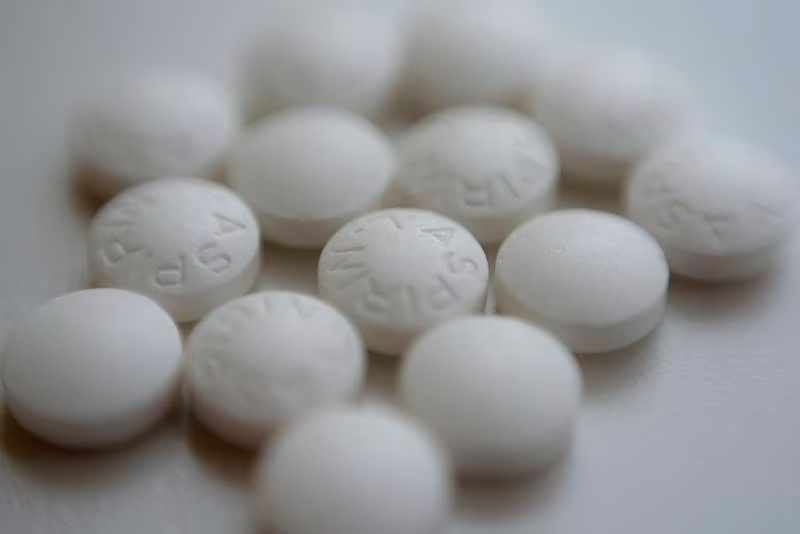Scientists uncover why aspirin works so well

Aspirin, a commonly used anti-inflammatory drug, has been available for more than a century, yet scientists are still uncovering new information about how it works.
Researchers have made important discoveries about aspirin's mechanism of action and its effect on inflammation and the immune response.Read More : Cancer cells can change size to evade treatment, say scientists The team — led by Prof Subhrangsu Mandal at the University of Texas in Arlington — found that aspirin inhibits the cyclooxygenase enzyme (COX), which plays a critical role in the inflammatory response.
As Prarthana Guha, a graduate student in Prof Mandal's lab, explained: “Aspirin controls transcription factors required for cytokine [signalling molecules that regulate the immune response and inflammation] expression during inflammation while also influencing many other inflammatory proteins and noncoding RNAs that are critically linked to inflammation and immune response.”
Aspirin slows down the breakdown of the amino acid tryptophan into kynurenine [an amino acid metabolite] by inhibiting enzymes called indoleamine dioxygenases (IDOs). This is significant because tryptophan metabolism is central to the inflammation and immune response.
By downregulating IDO1 expression and kynurenine production during inflammation, aspirin may have potential implications for cancer immunotherapies. “Since aspirin is a COX inhibitor, this suggests potential interplay between COX and IDO1 during inflammation,” Prof Mandal said.
Harmful side effects, such as internal bleeding and organ damage, have been linked to long-term use of aspirin.
Prof Mandal and his team believe that understanding how aspirin works can lead to the development of safer drugs with fewer side effects.
They are currently exploring the potential use of small molecules that modulate the COX-IDO1 axis as anti-inflammatory drugs and immunotherapeutic agents.
These findings could pave the way for safer aspirin alternatives and new therapies for cancer and other diseases. “This work has required a unique interdisciplinary team with expertise in inflammation signalling biology and organic chemistry,” Prof Mandal said.
Researchers have made important discoveries about aspirin's mechanism of action and its effect on inflammation and the immune response.
As Prarthana Guha, a graduate student in Prof Mandal's lab, explained: “Aspirin controls transcription factors required for cytokine [signalling molecules that regulate the immune response and inflammation] expression during inflammation while also influencing many other inflammatory proteins and noncoding RNAs that are critically linked to inflammation and immune response.”
Aspirin slows down the breakdown of the amino acid tryptophan into kynurenine [an amino acid metabolite] by inhibiting enzymes called indoleamine dioxygenases (IDOs). This is significant because tryptophan metabolism is central to the inflammation and immune response.
By downregulating IDO1 expression and kynurenine production during inflammation, aspirin may have potential implications for cancer immunotherapies. “Since aspirin is a COX inhibitor, this suggests potential interplay between COX and IDO1 during inflammation,” Prof Mandal said.
Harmful side effects, such as internal bleeding and organ damage, have been linked to long-term use of aspirin.
Prof Mandal and his team believe that understanding how aspirin works can lead to the development of safer drugs with fewer side effects.
They are currently exploring the potential use of small molecules that modulate the COX-IDO1 axis as anti-inflammatory drugs and immunotherapeutic agents.
These findings could pave the way for safer aspirin alternatives and new therapies for cancer and other diseases. “This work has required a unique interdisciplinary team with expertise in inflammation signalling biology and organic chemistry,” Prof Mandal said.
Source: www.thenationalnews.com
